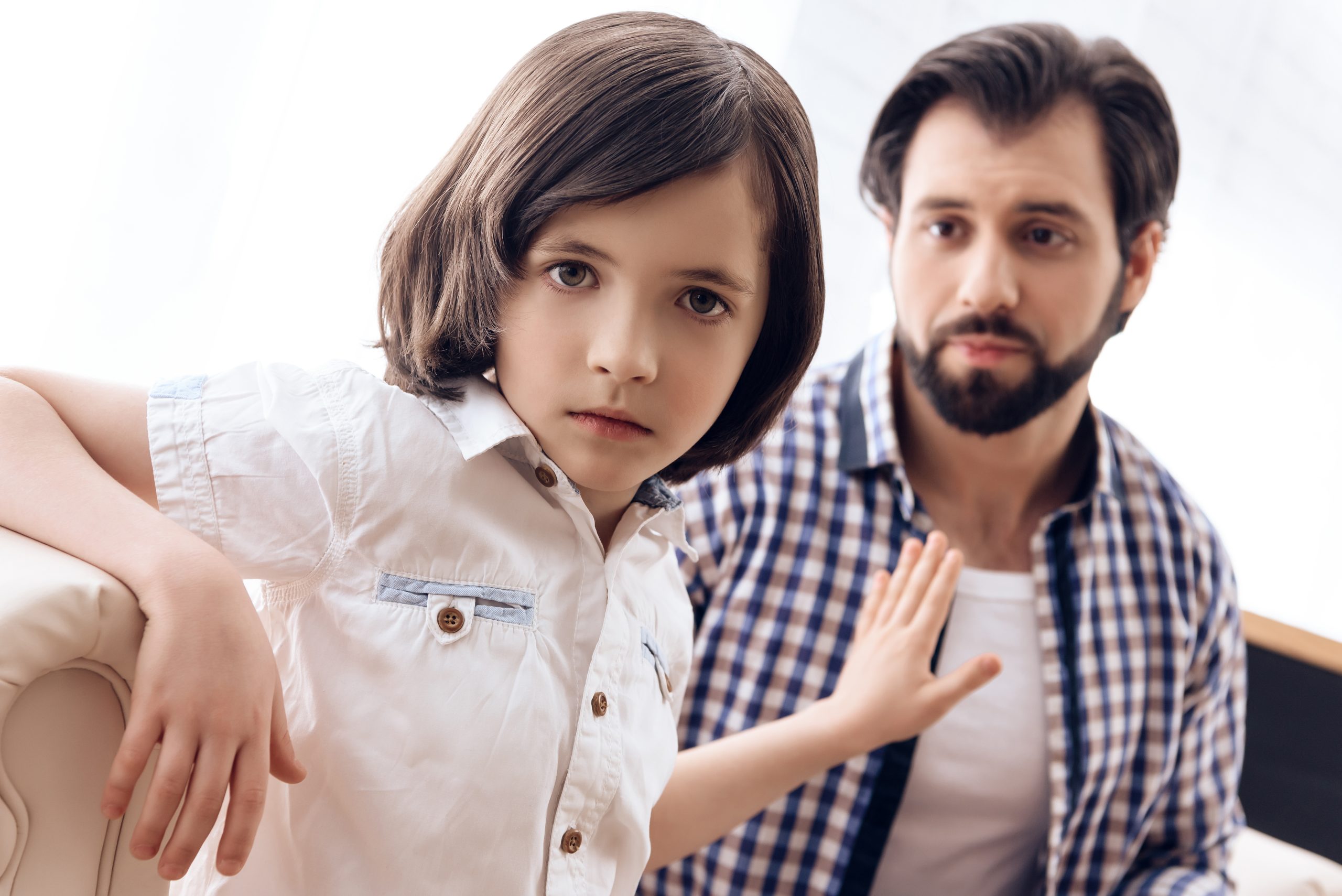
123rf
Raising children who respect others is a core aspect of parenting. Disrespectful behavior can sometimes be subtle, and other times more direct, but in all cases, it hampers the development of healthy interpersonal relationships. Recognizing the signs early on is crucial to effectively address and correct this behavior. Here are thirteen ways you can identify if a child is exhibiting disrespectful behavior.
1. Ignoring Adults

123rf
When kids consistently ignore adults, it’s often a clear sign of disrespect. This can manifest as not looking at someone when they are speaking, pretending not to hear instructions, or simply not responding when spoken to. It’s important for kids to learn that listening and acknowledging others is a basic form of respect. Teaching them to make eye contact and respond when addressed can help foster better communication and respect.
2. Using Dismissive Language

123rf
Disrespect can also show up in the way children speak. If a child frequently uses dismissive language, such as “whatever,” “I don’t care,” or “so what?”, it suggests a lack of respect for the recipient’s feelings or opinions. Encouraging kids to express themselves in a more considerate manner can help them understand the impact of their words on others.
3. Refusal to Follow Rules
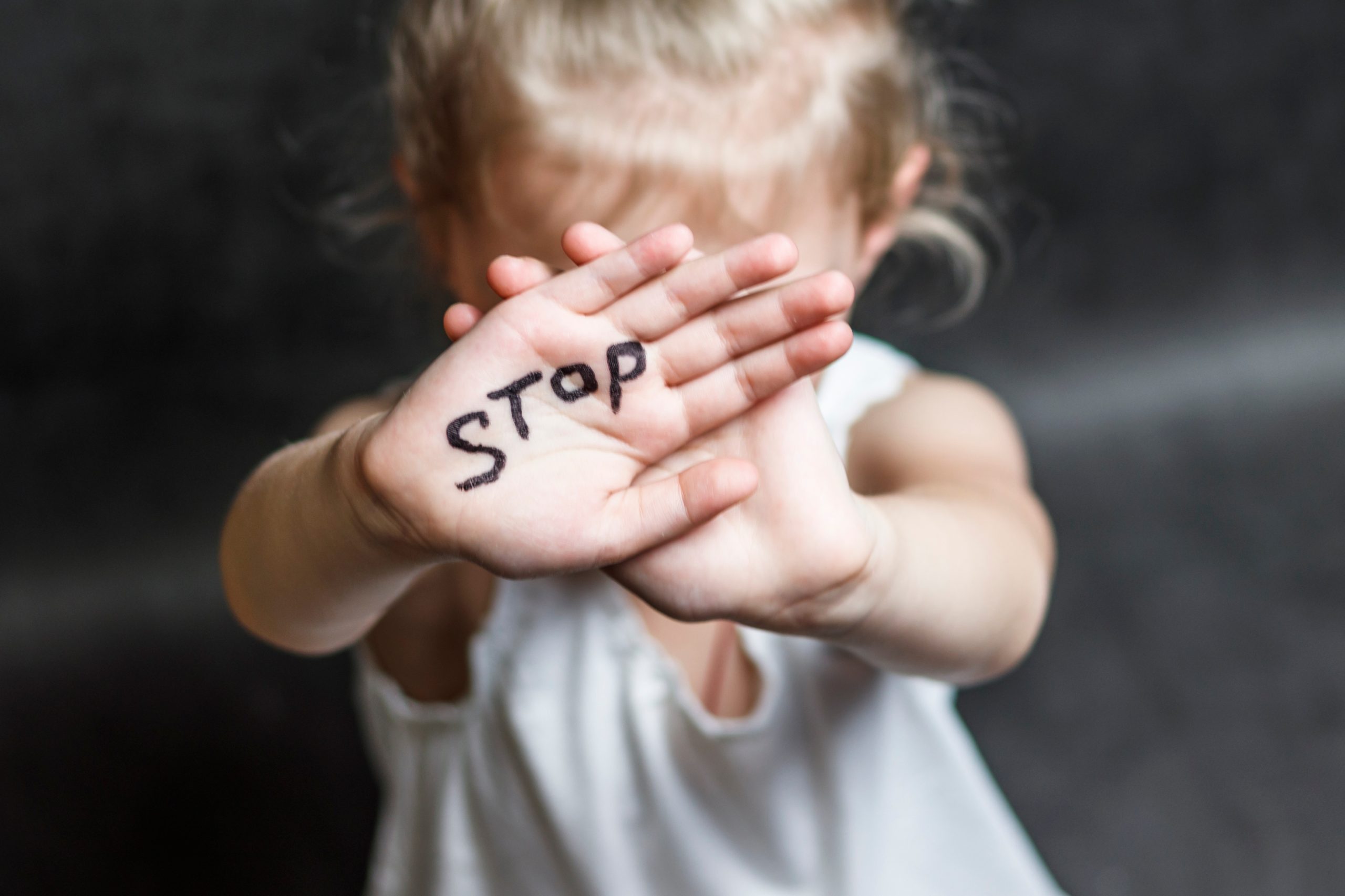
123rf
A common sign of disrespect is a child’s refusal to follow set rules or guidelines, whether at home, in school, or during activities. This can include not doing homework, breaking household rules, or not adhering to game rules. It’s crucial to teach children the importance of rules for their safety and for functioning in a community, and that respecting rules is part of respecting others.
4. Interruptions During Conversations
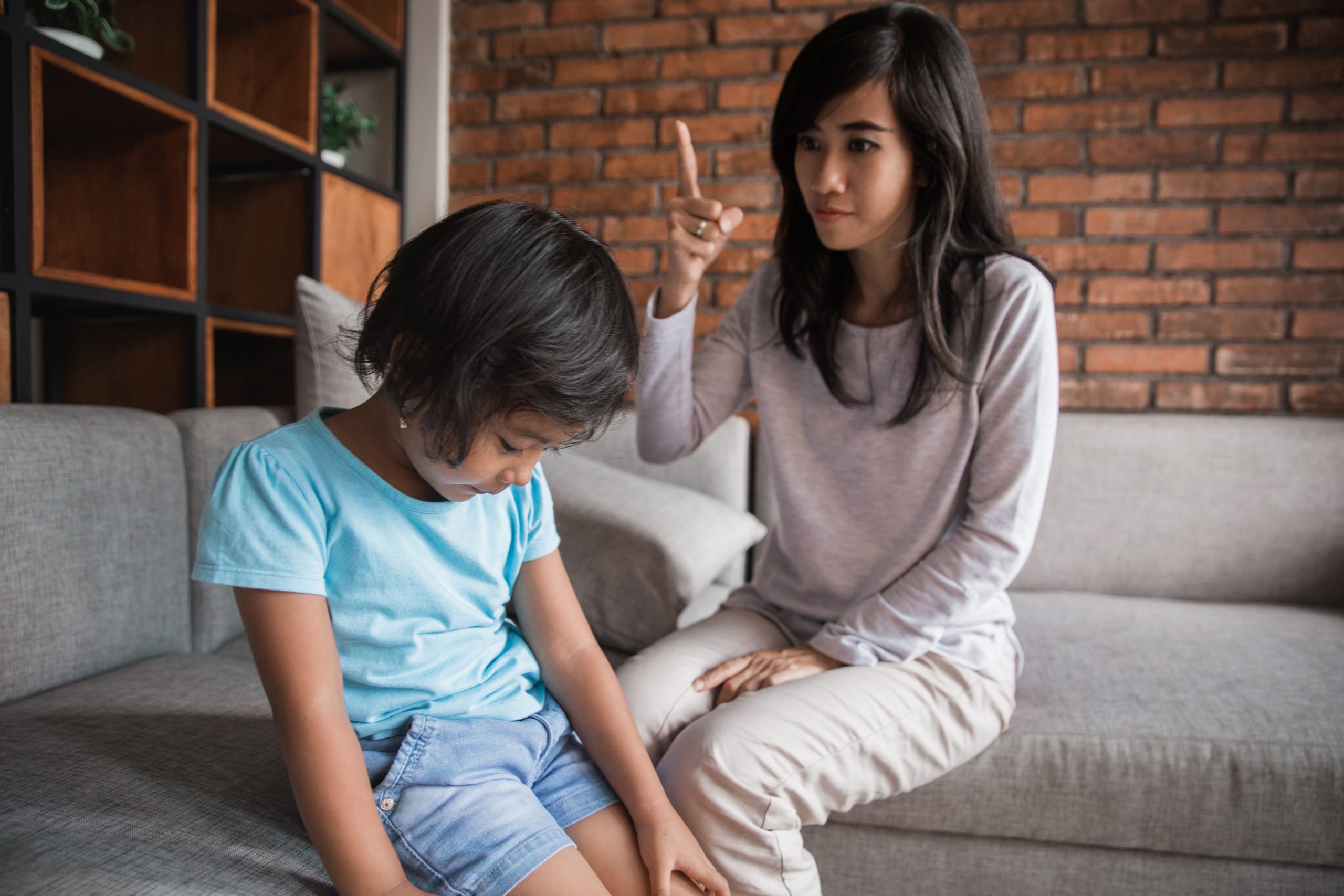
123rf
Children who frequently interrupt others while they are speaking are often showing disrespect, whether they realize it or not. This behavior can indicate that they think what they have to say is more important than what the current speaker is expressing. Teaching children to wait their turn to speak helps them learn to value others’ contributions and perspectives.
5. Inappropriate Responses
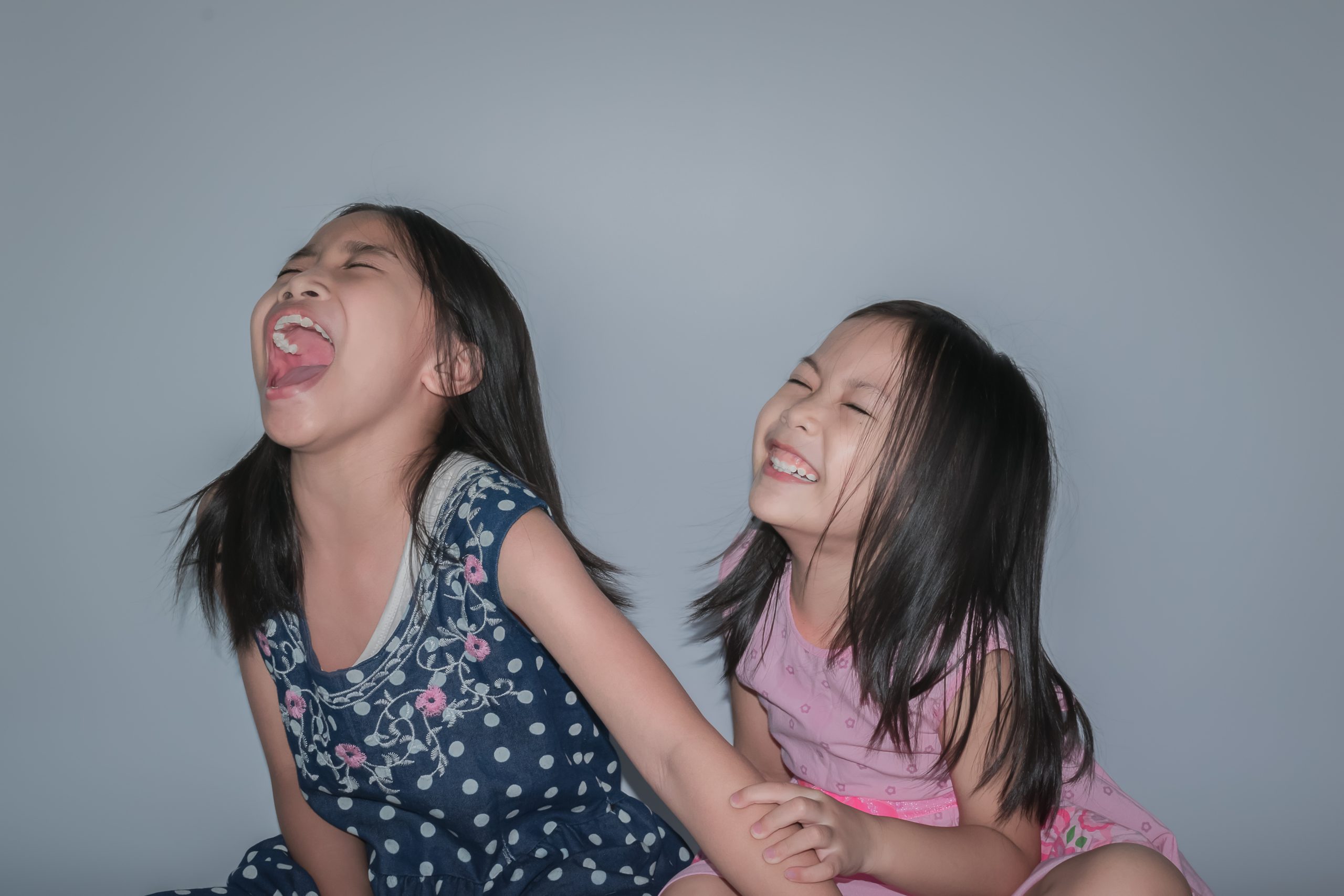
123rf
Laughing in serious situations or responding to adults or peers with sarcasm can also be a sign of disrespectful behavior. These actions may undermine the seriousness of discussions or the authority of adults and can be hurtful to peers. Encouraging empathy and appropriate emotional responses is key to addressing this behavior.
6. Making Fun of Others
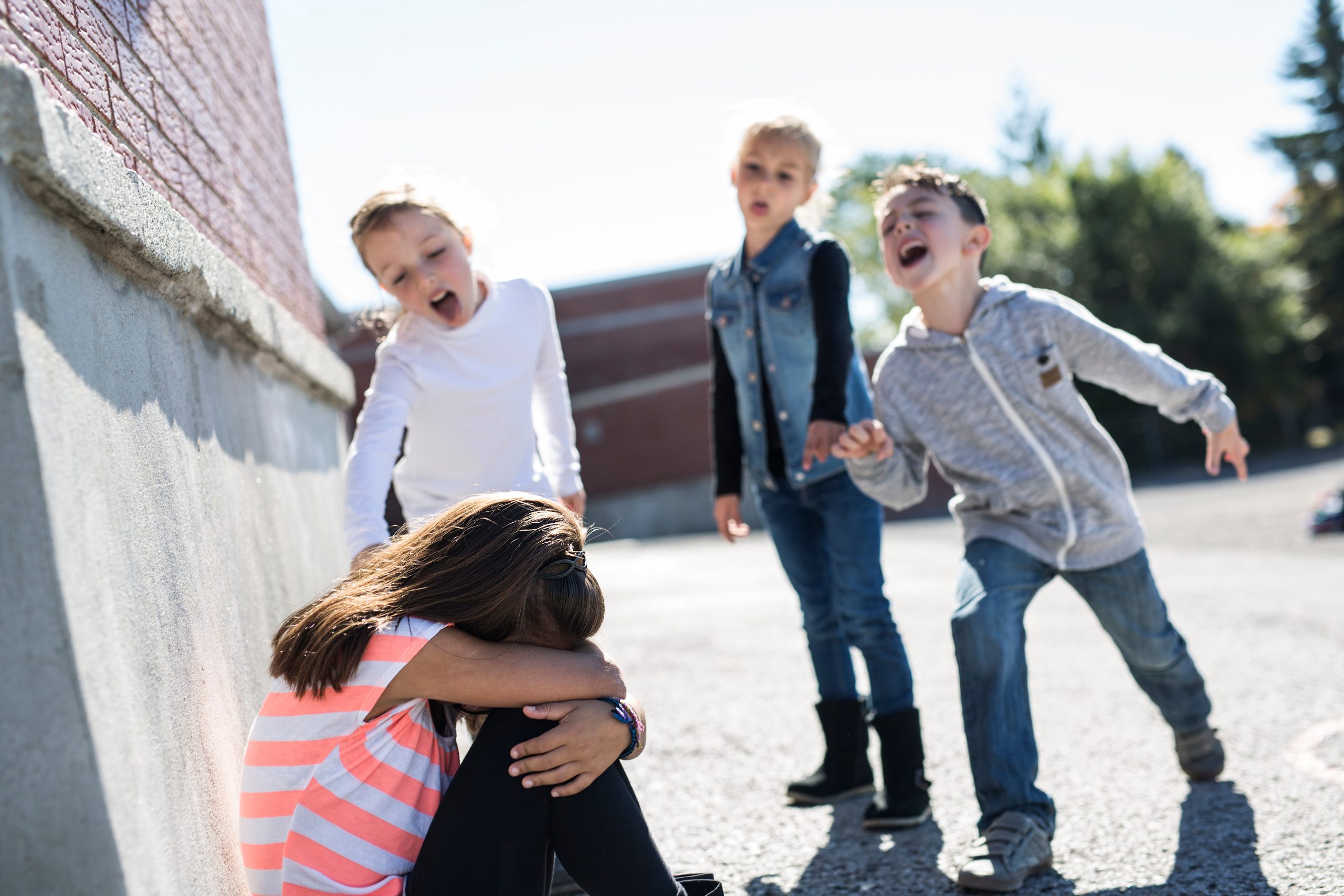
123rf
Bullying or making fun of others, whether about their appearance, ideas, or feelings, is a severe form of disrespect. This behavior can lead to lasting emotional scars on others and needs to be addressed promptly. Teaching children the value of kindness and the golden rule—treating others as they would like to be treated—can deter this behavior.
7. Non-Verbal Disrespect
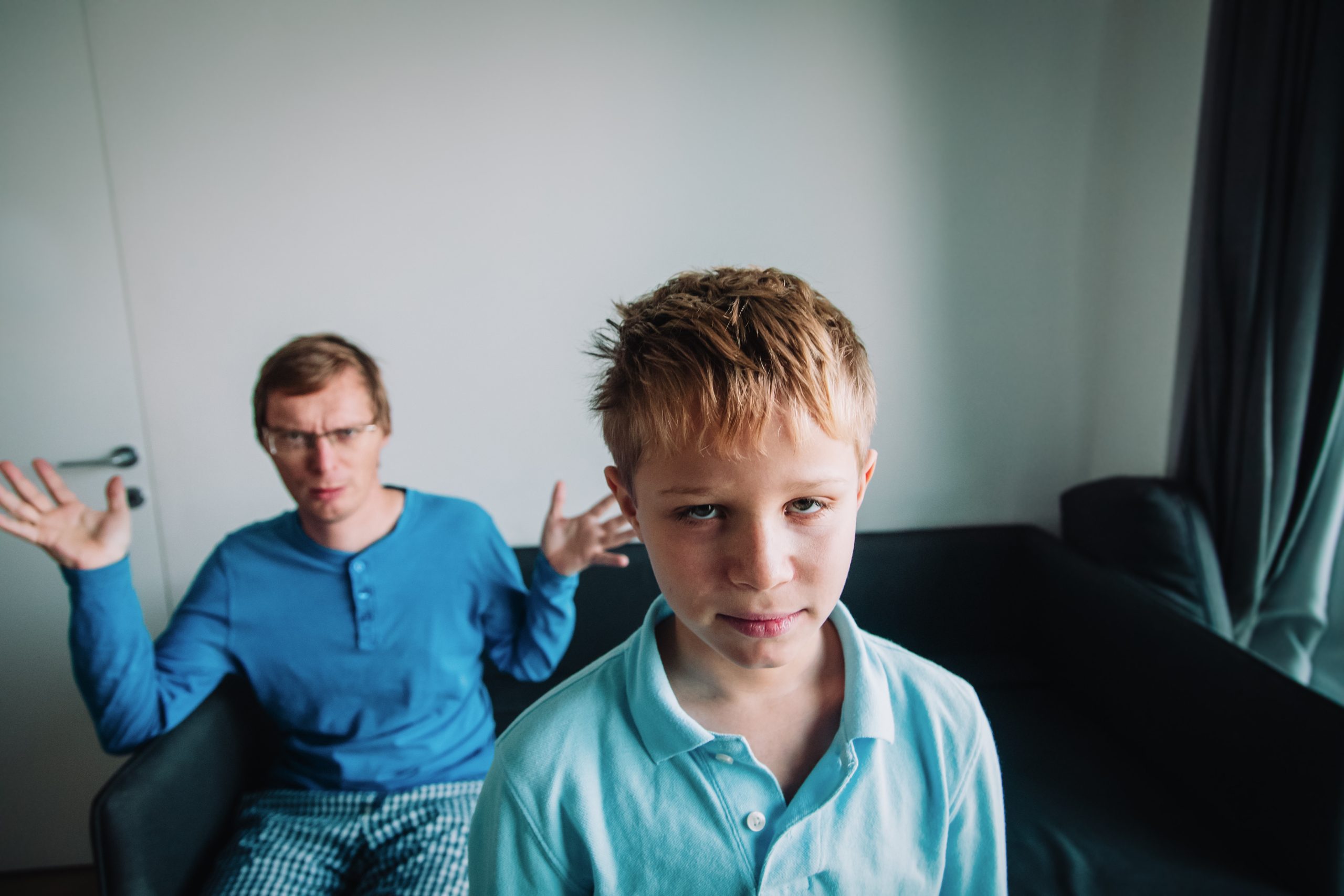
123rf
Disrespect isn’t always verbal. Rolling eyes, shrugging shoulders, or turning their back while someone is speaking are all non-verbal indicators of disrespect. Helping children understand that their body language communicates messages just as strongly as their words do can help curb these actions.
8. Lying or Deceiving
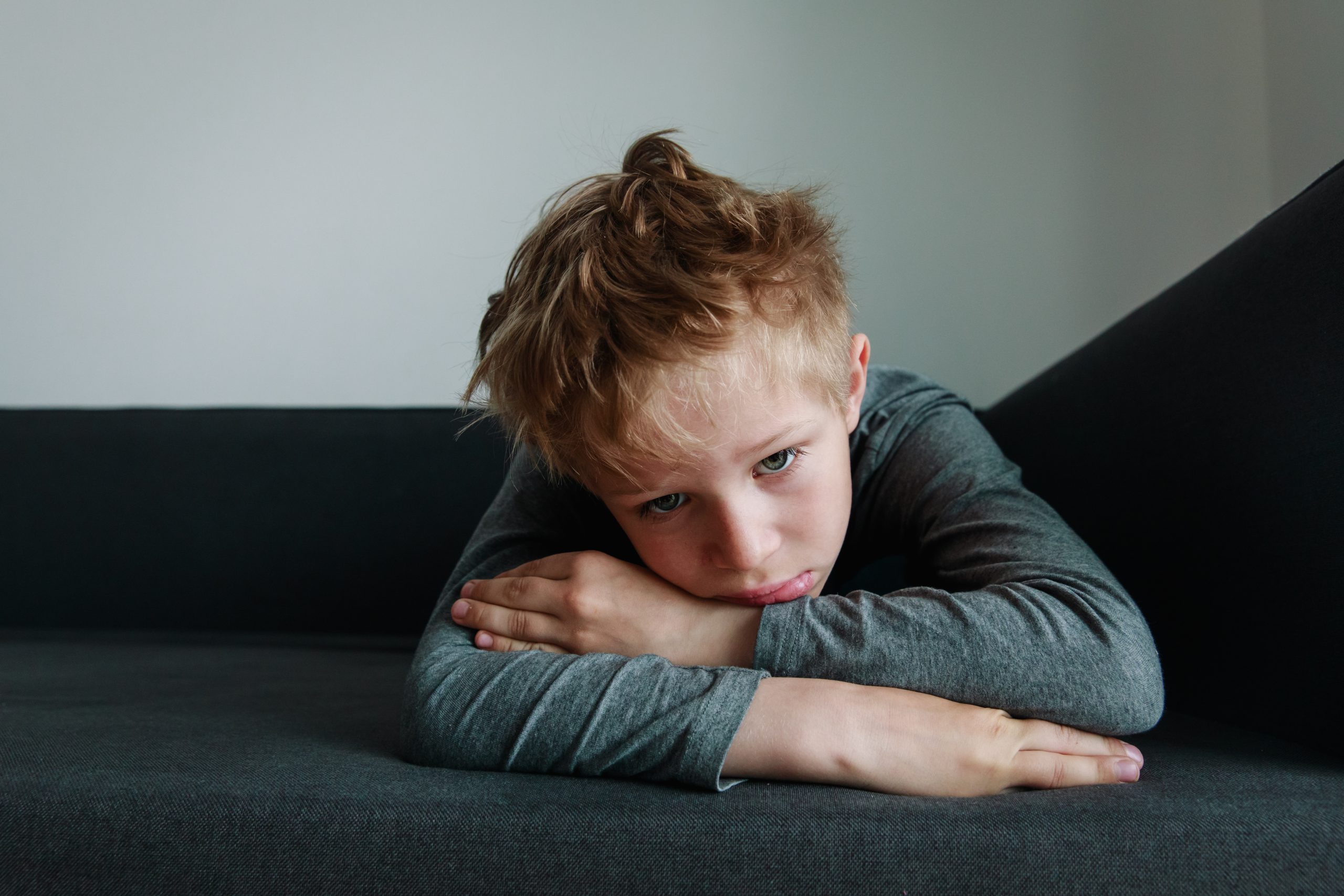
123rf
When children lie or deceive others, it shows a lack of respect for the truth and for those they mislead. It’s important to teach kids the value of honesty and how it builds trust and respect in relationships.
9. Taking Without Permission
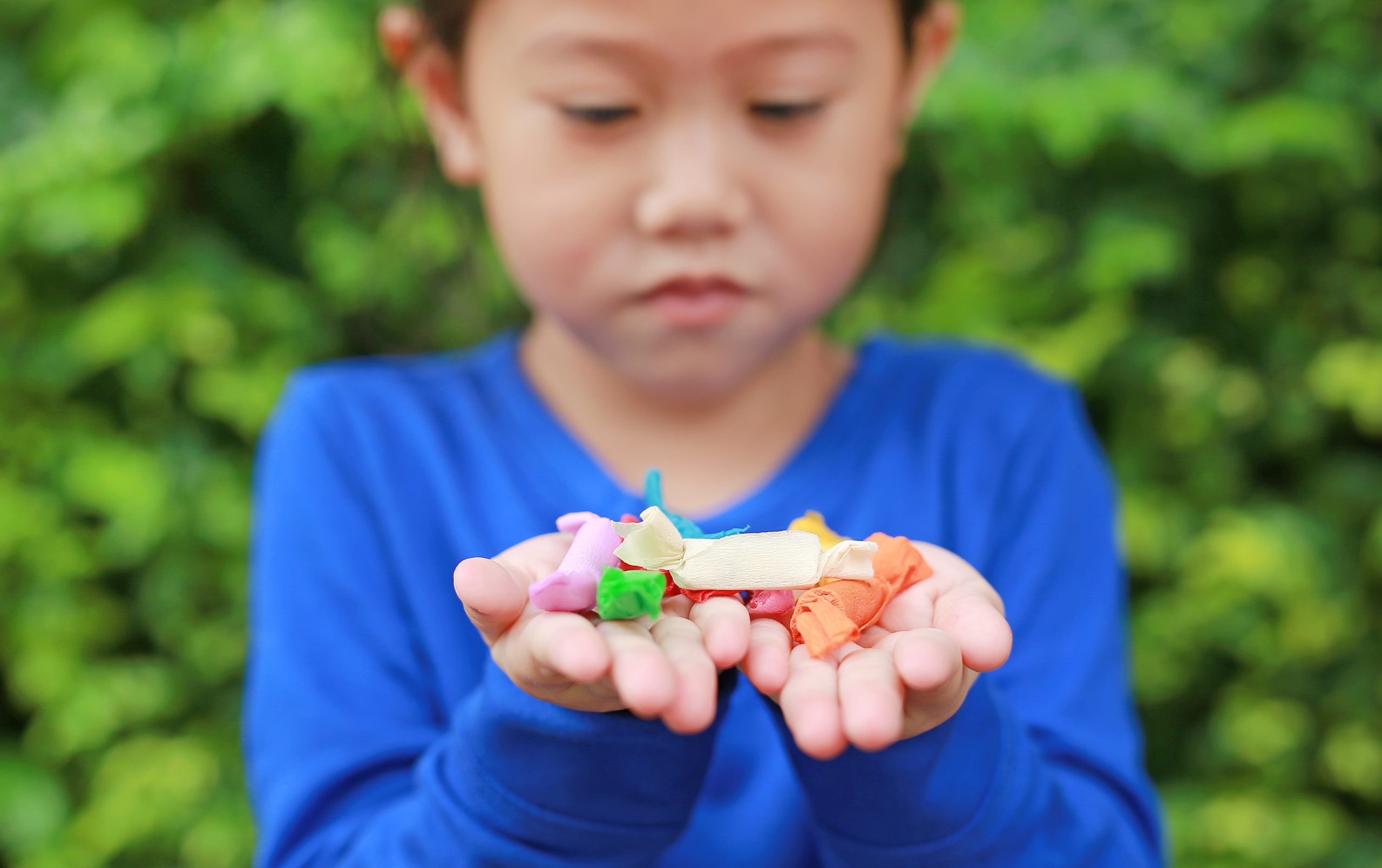
123rf
Whether it’s taking something that doesn’t belong to them or using someone else’s things without asking, this behavior reflects a disregard for others’ property. Encouraging respect for others’ belongings is essential.
10. Excessive Complaining
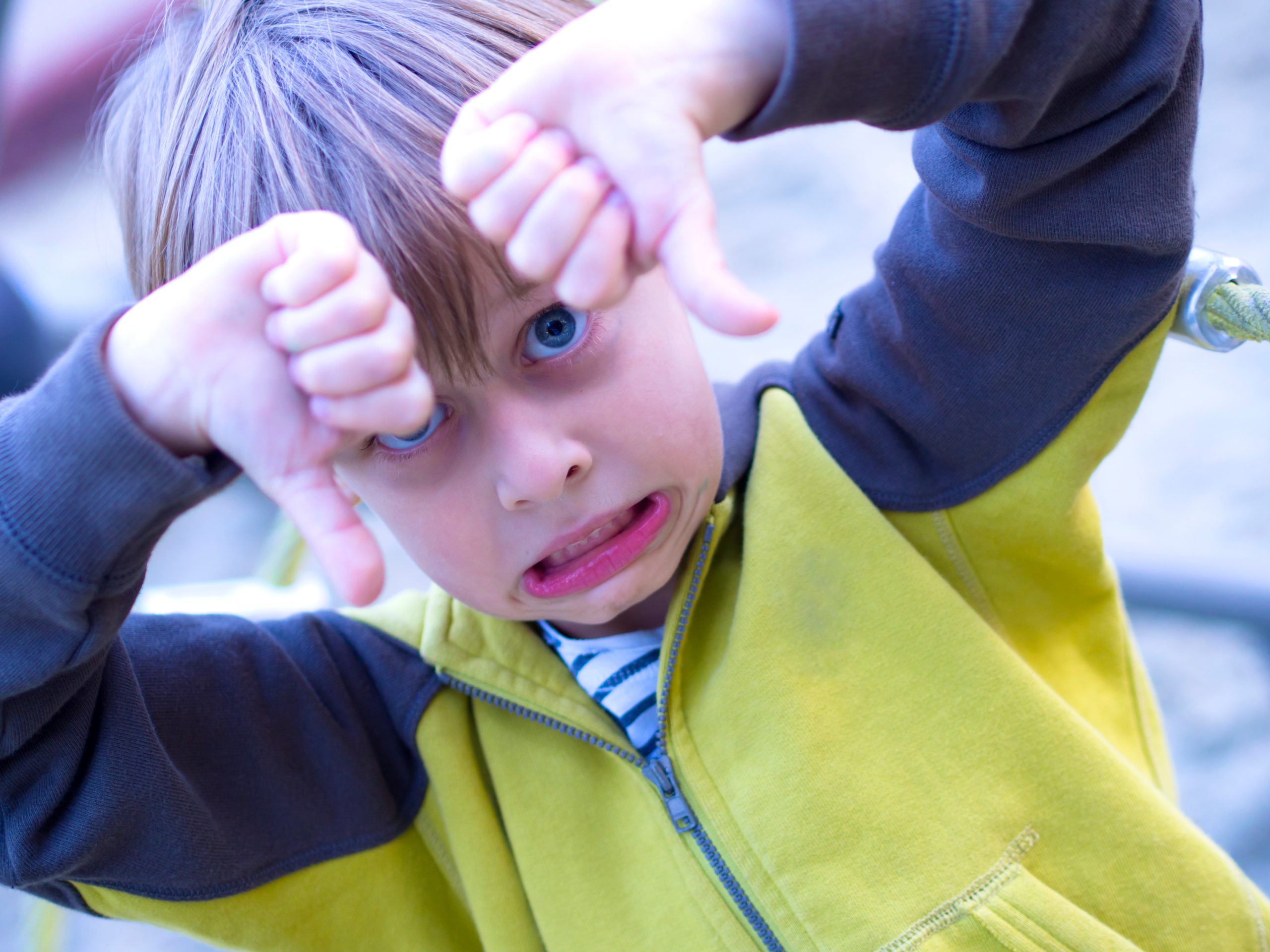
123rf
Constant complaining, especially without willingness to find solutions, can be a sign of disrespect towards those who are trying to help. Teaching kids to approach problems with a can-do attitude and respect for those who assist them is key.
11. Defiance in Their Tone
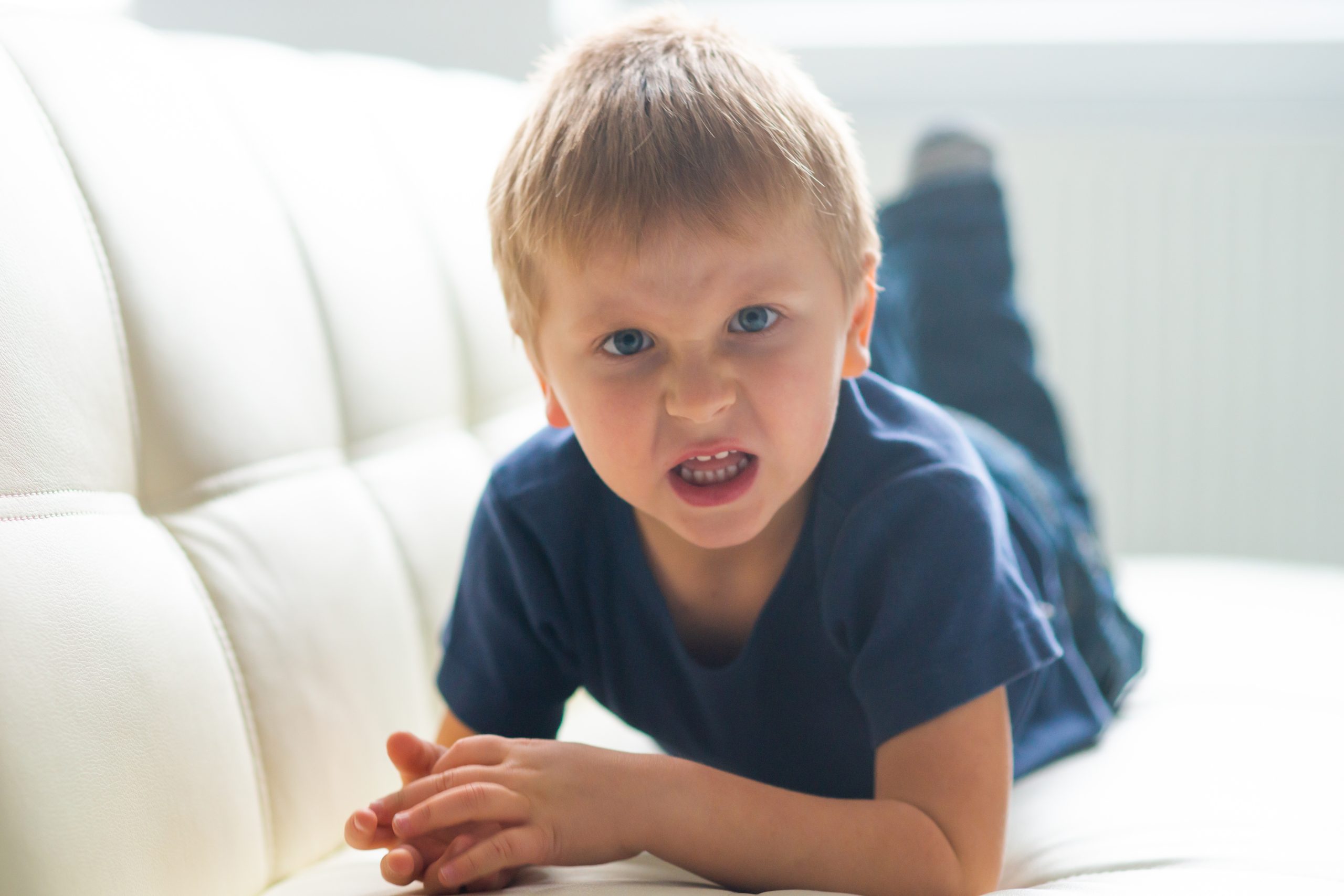
123rf
A disrespectful tone of voice, such as speaking in a defiant or demanding manner, can be very telling. Teaching kids how to express their needs and frustrations appropriately is crucial for respectful communication.
12. Showing Disrespect to Peers

123rf
Disrespect towards peers, such as not sharing, excluding others, or being overly competitive, undermines the principles of fair play and kindness. Encouraging inclusive and respectful interactions among children can help them build healthy relationships.
13. Disregard for Consequences
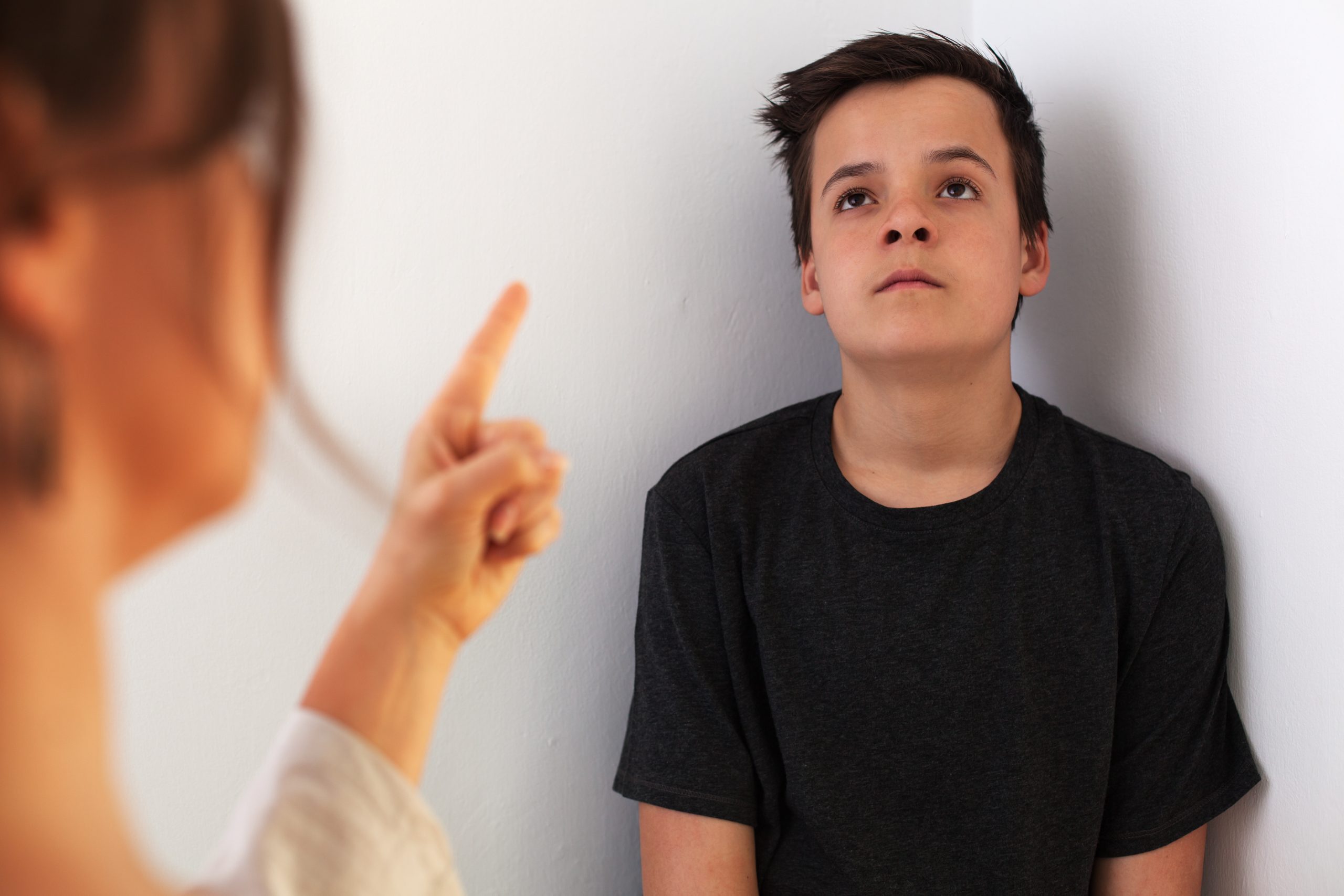
123rf
Ignoring the consequences of their actions, especially when they affect others, shows a lack of responsibility and respect. Helping children understand the impact of their actions on themselves and others is important for developing respect.
Fostering Respect
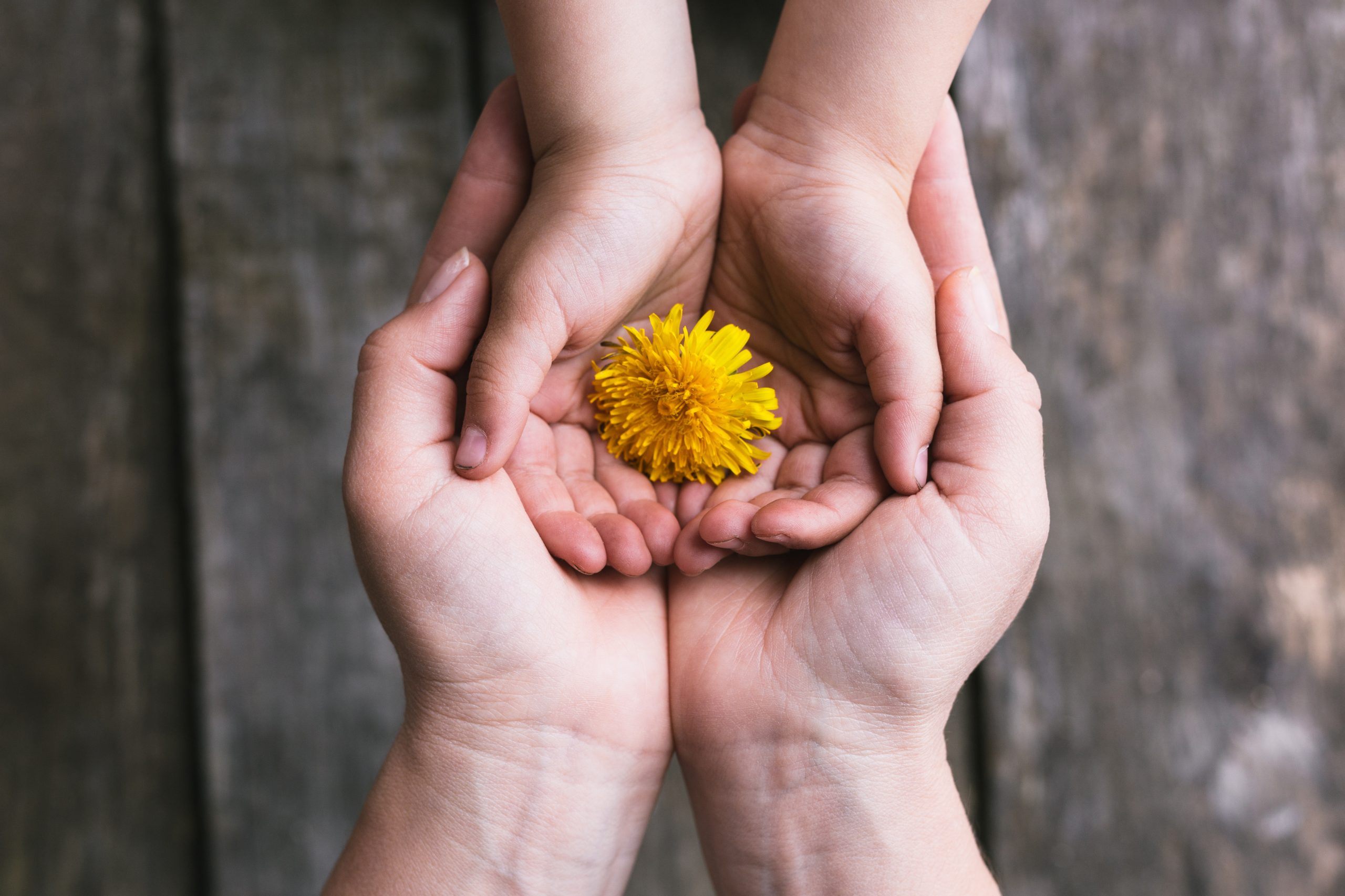
123rf
Recognizing and addressing disrespectful behavior in children is pivotal for their development into considerate, empathetic adults. Each instance of disrespect offers an opportunity for learning and growth, not just for the child, but for the parent or guardian as well. By setting clear expectations and leading by example, we can guide our children towards more respectful interactions and a deeper understanding of their impact on the world around them.

Latrice is a dedicated professional with a rich background in social work, complemented by an Associate Degree in the field. Her journey has been uniquely shaped by the rewarding experience of being a stay-at-home mom to her two children, aged 13 and 5. This role has not only been a testament to her commitment to family but has also provided her with invaluable life lessons and insights. As a mother, Latrice has embraced the opportunity to educate her children on essential life skills, with a special focus on financial literacy.